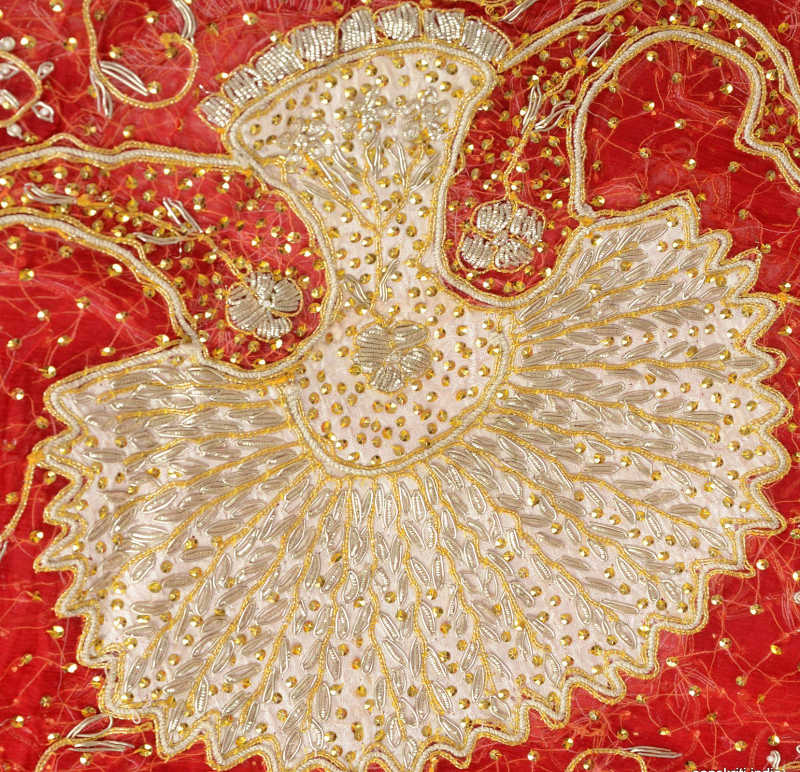===
0977,
1
===

=== |
 |
suluuk : 'Civility, attention, kindness; intercourse, amicable intercourse or footing, good terms or understanding (with); cessation of hostilities, peace'. (Platts p.670)
niyaaz : 'Petition, supplication, prayer; —inclination, wish, eager desire, longing; need, necessity; indigence, poverty'. (Platts p.1164)
kubr : 'Greatness, grandeur; nobility, eminence; pride, haughtiness'. (Platts p.809)
raftaar : 'Going, motion, walk, gait, pace; procedure, manner of proceeding'. (Platts p.595)
naaz : 'Blandishment, coquetry, playfulness, amorous playfulness, feigned disdain; dalliance, toying; fondling, coaxing, soothing or endearing expression; —pride, conceit, consequential airs, whims; ... naaz-o-niyaaz : Blandishments, &c.'. (Platts p.1114)
FWP:
SETS
MOTIFS == SPEAKING
NAMES
TERMSIn the ghazal world naaz (the beloved's archetypal trait) and niyaaz (the lover's archetypal trait) are opposites (see the definitions above). But of course they sound so irresistibly good together that they've also become a conjoined pair, naaz-o-niyaaz , with the meaning basically of naaz (see the definition above). That interplay between the conjoinedness and the oppositeness is certainly a part of the (limited) pleasure of the verse.